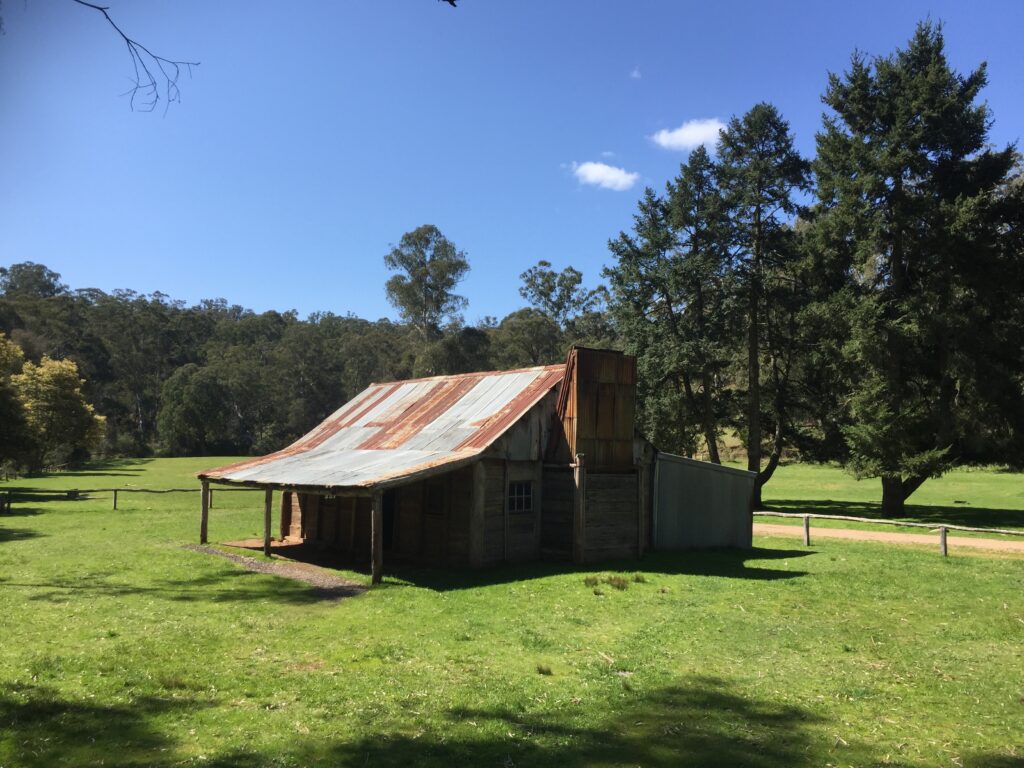A reflection on Deuteronomy 18:15-20 and Psalm 111 for the Fourth Sunday After Epiphany, January 31, 2021

The Lord your God will raise up for you a prophet like me from among your own people; you shall heed such a prophet. This is what you requested of the Lord your God at Horeb on the day of the assembly when you said: ‘If I hear the voice of the Lord my God any more, or ever again see this great fire, I will die.’ Then the Lord replied to me: ‘They are right in what they have said. I will raise up for them a prophet like you from among their own people; I will put my words in the mouth of the prophet, who shall speak to them everything that I command. Anyone who does not heed the words that the prophet shall speak in my name, I myself will hold accountable. But any prophet who speaks in the name of other gods, or who presumes to speak in my name a word that I have not commanded the prophet to speak—that prophet shall die.’
Deuteronomy 18:15-20 (NRSVA)
Praise the Lord!
I will give thanks to the Lord with my whole heart,
in the company of the upright, in the congregation.
Great are the works of the Lord,
studied by all who delight in them.
Full of honour and majesty is his work,
and his righteousness endures for ever.
He has gained renown by his wonderful deeds;
the Lord is gracious and merciful.
He provides food for those who fear him;
he is ever mindful of his covenant.
He has shown his people the power of his works,
in giving them the heritage of the nations.
The works of his hands are faithful and just;
all his precepts are trustworthy.
They are established for ever and ever,
to be performed with faithfulness and uprightness.
He sent redemption to his people;
he has commanded his covenant for ever.
Holy and awesome is his name.
The fear of the Lord is the beginning of wisdom;
all those who practise it have a good understanding.
His praise endures for ever.
Psalm 111 (NRSVA)
Throughout Epiphany we have considered the power of the spoken word of God. God’s word creates. It invoke new new realities. The voice of YHWH brings the universe into being.
Perhaps this backdrop can enable us to appreciate the warning Moses brings before the Israelites in Deuteronomy 18:
‘…any prophet who speaks in the name of other gods, or who presumes to speak in my name a word that I have not commanded the prophet to speak—that prophet shall die.’
Here we are reminded of the gravity of presumptively speaking on behalf of God. Our task, and the task of the prophet, seem to be – before anything else – to listen.
Speaking is, at best, secondary.
Moses invokes a moment when the Israelite people were anything but presumptuous. In fact, at the foot of Mount Horeb, they were terrified of the voice of God.
So afraid in fact, that they ask not to hear.
And God concedes. The raising up of a prophet – an intermediary between the voice of God and the people – seems like a good solution. It will keep the people from becoming too familiar with the words YHWH speaks. It will, hopefully, enable them to hold to awe.
Here the existence of a prophet is far from an opportunity for the people to ignore what is said. The people remain responsible to listen and obey. As Moses says, ‘Anyone who does not heed the words that the prophet shall speak in my name, I myself will hold accountable’.
There is a fine line between a paralysing fear of God and a healthy awe. The promise of a prophet to follow after Moses seeks to remove unhealthy fear. It is not, however, reason to hold to anything less than authentic awe.
Of course, this is also a reminder that the prophet holds significant power. Here Moses – one of Israel’s greatest prophets – helpfully recognises this temptation. Perhaps he speaks more from experience than anything else.
Of course, even this stern warning is an example of Psalm 111’s ‘gracious and merciful’ God.
After all, these instructions, as Psalm 111 insists, lead in the direction of a communal heart of ‘praise‘, ‘thanks’, and ‘delight’ in YHWH. To heed the voice will enhance the community’s ability to recognise the ‘work’ of God among them. Repeatedly throughout this Psalm we are are encouraged to recognise that ‘honour and majesty is his work’, that the ’…works of his hands are faithful and just’, and that ‘Holy and awesome is his name’.
‘The fear of the Lord is the beginning of wisdom; all those who practise it have a good understanding’, is perhaps the pinnacle of this poem. It is the goal.
We do well to recognise that a truly creative – and wisdom inspiring – ‘fear of the Lord’ is something we are called to consciously foster.
Our Psalm is bookended with a call to praise. Perhaps this is the prefect place to start!
Conversation Starters:
When have you found yourself most open to the ‘awe’ of God? When do you find yourself most likely to be closed to ‘awe’?
Have you ever known a paralysing fear of God? What enabled you to move from this to a ‘holy and awesome’ understanding?
What place does worship and ‘praise’ have in your conscious fostering of a creative ‘fear of the Lord’? How could you engage in this more creatively?